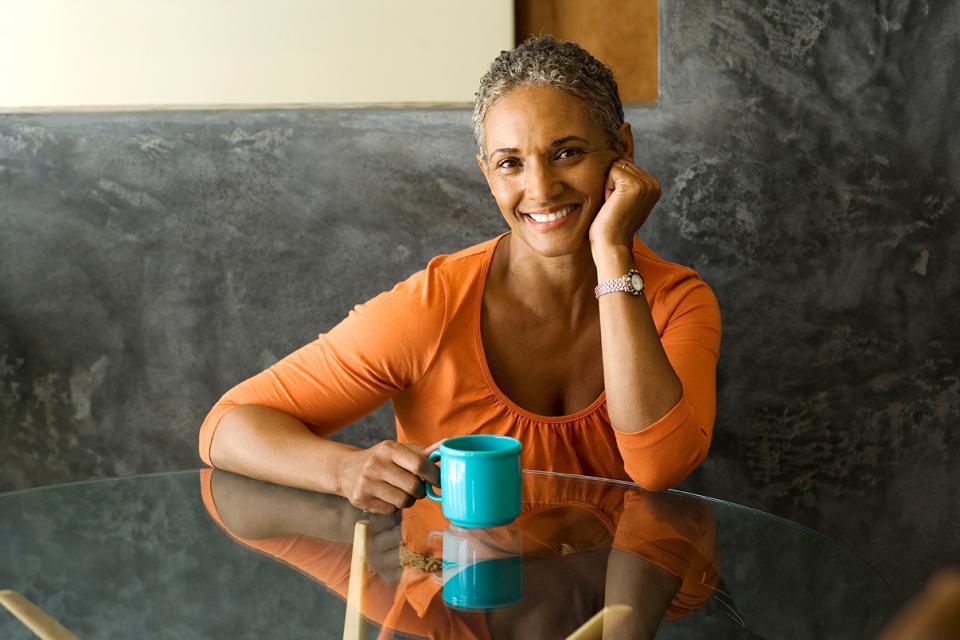Q: Why are colonoscopies important?
A: Colorectal cancer is the second-leading cause of cancer deaths in the U.S., but it's highly preventable when caught early. Colonoscopies detect cancer at its earliest, most treatable stage and can prevent it by removing precancerous polyps before they develop into cancer. It's one of the most effective ways to stop colorectal cancer.
Q: Who should get a colonoscopy?
A: Colorectal cancer screenings are recommended for all adults starting at age 45, with screenings typically continuing every 10 years until age 75.
You are considered a higher risk and may need to start screenings earlier if you have a family history of:
- Colon cancer
- Polyps
- Inflammatory bowel disease
- Lynch syndrome
- Familial adenomatous polyposis (rare genetic disorder)
Symptoms such as the following should never be ignored as they could signal a serious issue:
- Rectal bleeding
- Abdominal pain
- Changes in bowel habits
- Unexplained weight loss
Schedule an appointment with your doctor if you are experiencing any of these symptoms.
Q: Is there prep work involved?
A: A colonoscopy requires a clean colon. Your bowel must be empty so your doctor can get a good look inside. Prep work will start the night before your appointment. Follow these easy steps, and you'll be all set.
Q: What happens if you find polyps?
A: If polyps are found, your doctor will remove them for analysis. While some, like hyperplastic polyps, are harmless, others may be precancerous and increase your risk for colon cancer. The type, size and number of polyps determine how often you’ll need follow-up screenings.
Screening made simple
Colonoscopy, stool tests and virtual colonoscopies — each screening option brings something different to the table. Find the best fit for you based on your health, lifestyle and risks.
Little effort, big rewards
A little prep goes a long way. While the colonoscopy pre-process may seem like a hassle, it’s totally worth it to help catch problems early and keep you feeling great for years to come.
Spot. Screen. Prevent.
Not all polyps are precancerous, but many can be. Catching them early allows your doctor to remove them before they pose a risk, making it an important step for preventing colon cancer.
